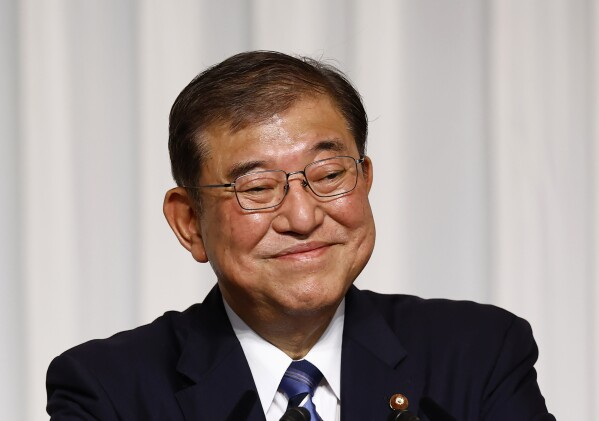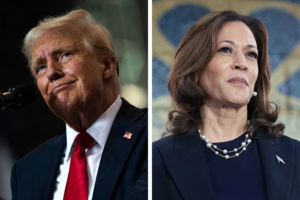
Following a major setback in Japan’s recent snap election, Prime Minister Shigeru Ishiba has committed to remaining in office, despite his ruling Liberal Democratic Party (LDP) losing its parliamentary majority. Ishiba, who took office on October 1, called the election to strengthen his mandate but was met with a strong rebuke from voters.
The LDP, which has governed Japan almost continuously since 1955, won only 191 seats, a significant drop from its previous 259. Along with coalition partner Komeito’s 24 seats, the government now holds just 215 seats—short of the 233 needed for a majority. The opposition, led by the Constitutional Democratic Party (CDP), gained ground, securing 148 seats.
Ishiba acknowledged the “severe judgment” voters passed on the LDP, driven by scandals, including a slush fund controversy that hurt the party’s image and contributed to his predecessor’s resignation. The prime minister promised to address “money and politics” reform to regain public trust.
Japan’s parliament has 30 days to form a government. Ishiba has ruled out expanding the coalition for now, signaling that the LDP-Komeito alliance may try to govern without a majority, which would limit their legislative power. Although opposition parties could technically unite to form a government, the likelihood is low due to historic divisions among them.






Be First to Comment